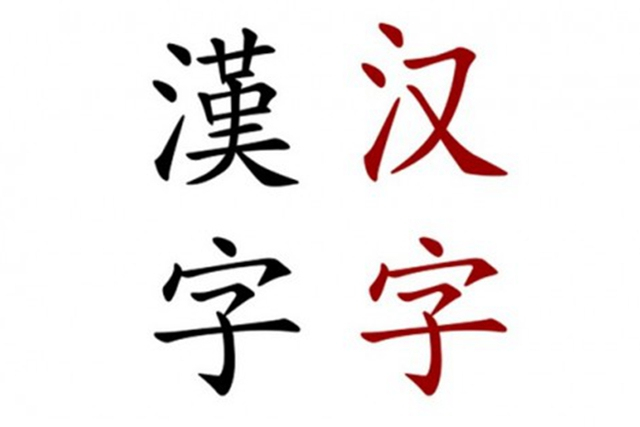By Catherine Shieh
“If you know all the languages of the world and you do not know your mother tongue or the language of your culture, that is self-enslavement. Knowing your mother tongue and all languages is empowerment.” (1986)
These words were taken from a well-known book called “Decolonizing the mind” by Kenyan writer and academic Ngũgĩ wa Thiong’o. According to Van Herk (2018), most immigrant families shift to the languages of their new country over two or four generations. This phenomenon is called Language Shift. It is a topic I am interested in because of my fear of losing my heritage language.
As I reflect on my language autobiography, I recall the comments I hear whenever I speak in Cantonese.
- “Did your Cantonese get worse?”
- “Your language structure seems reversed”
- “That is not how we say this….”
As a result, I’ve come to realize that I might be slowly losing my first language. It is a very odd feeling because Cantonese is the language I grew up with. My parents emigrated from Hong Kong and my mom was adamant about me speaking this language at home. She firmly believed that it would help maintain my relationship with my family. Since I don’t have many opportunities to practise, it has been difficult to learn literacy and communication skills.
In fact, most children from newcomer families in Canada generally speak either French or English. Jaffer Sheyholislami, a linguistic teacher at Carleton University, says that “One of the important causes of language shift and loss in Canada is the absence of robust language policies that would advocate and actively promote and support multilingualism and multiculturalism.” Losing the first language is not only losing a way to communicate with closed ones, but it also means losing one’s identity and culture. Sheyholislami also believes that any government has an obligation to cherish language diversity, support children’s learning and promote other languages.
In my opinion, heritage languages should be approached with understanding and empathy. No one should feel ashamed for their lack of language proficiency. For many second-generation immigrants, not being completely fluent can mean letting their family down. Thus, it is necessary to promote multilingualism and encourage acceptance that no language is “wrong” or “bad”.
As language teachers, how can we help our students preserve their heritage language?






